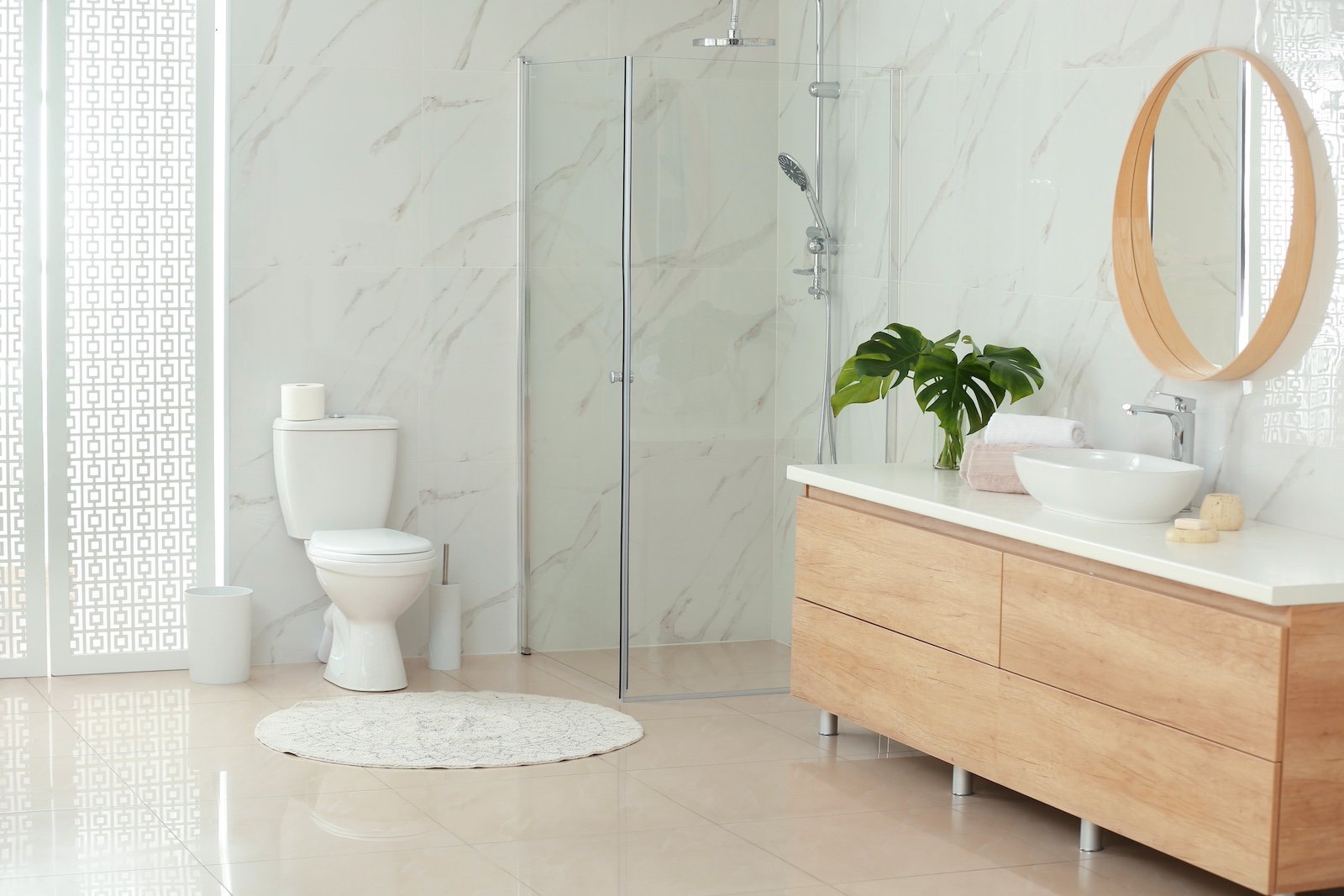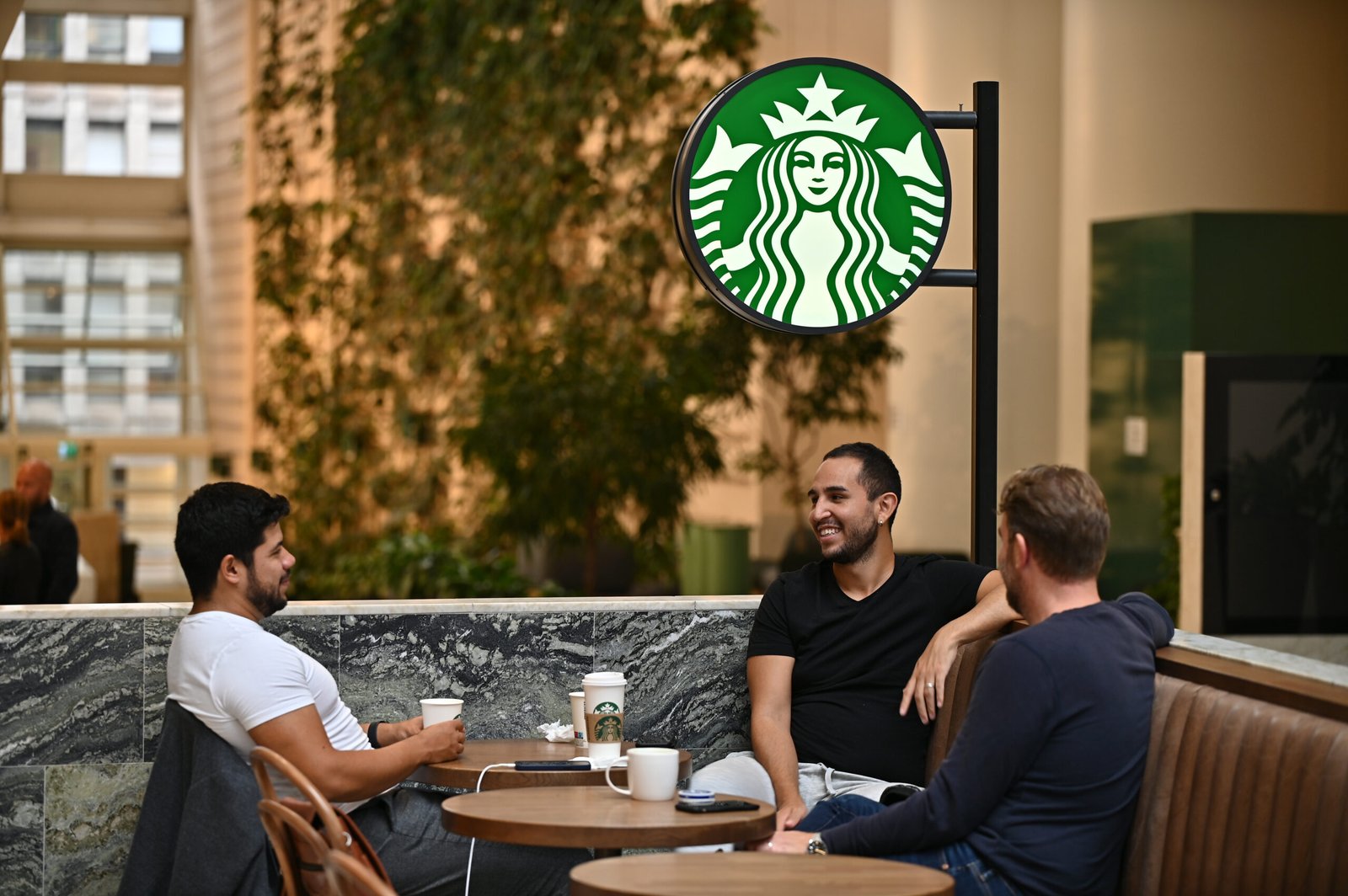Traveling to Europe often leaves Americans marveling at the differences in daily life across the Atlantic. From more leisurely lifestyles to practical amenities, Europeans enjoy numerous everyday luxuries that would be considered extravagant in the U.S. Here are some of the most commonly mentioned European comforts that Americans yearn for.
Extended Vacation Time

In Europe, it’s common for workers to start their jobs with four to six weeks of paid vacation. This starkly contrasts with the U.S., where new employees typically receive only ten days of paid leave per year.
For instance, many companies in Germany not only provide extended vacation time but also additional pay when employees take time off. This generous leave policy allows Europeans to enjoy a better work-life balance, reducing burnout and stress.
Universal Healthcare

Universal healthcare is another significant advantage in Europe. Many European countries provide healthcare that is either free or heavily subsidized.
In a 2017 survey released in 2019, the cost of an MRI scan in the Netherlands was as low as $190 compared to $1430 in the U.S. This accessibility ensures that Europeans can receive necessary medical treatments without the fear of financial ruin.
Affordable and Quality Food

European food standards are often praised for being higher than those in the U.S. Bread, for instance, is typically free from high-fructose corn syrup and preservatives. Freshly baked bread is widely available at reasonable prices, often within walking distance of one’s home.
Additionally, the quality of chocolate and other packaged foods tends to be superior, using fewer artificial ingredients. One can notice the freshness and affordability of bread in European bakeries compared to the U.S. where such items are often more expensive and less healthy.
Public Transportation

Europe’s extensive public transportation network is another luxury. Cities like Munich, Berlin, Hamburg, Vienna, and Zurich have efficient and reliable systems that make owning a car unnecessary.
This contrasts sharply with many American cities, where public transportation options are limited and often unreliable. For example, in Germany, the Deutsche Bahn railway system, despite its flaws, is far more versatile than most American public transport options. This accessibility not only reduces the cost of living but also contributes to a lower environmental impact.
Consumer Protection Laws

European countries enforce robust consumer protection laws, ensuring that products and services meet high standards of quality and safety. These regulations often result in longer-lasting products and better customer service.
This level of protection is less common in the U.S., where consumer rights can vary significantly by state and often favor businesses over individuals. For example, European laws ensure that even international companies must adhere to local consumer protections, which Americans often see as a luxury.
Privacy Standards

The General Data Protection Regulation (GDPR) in Europe offers strong digital privacy protections, something that Americans often lack. This regulation requires companies to be transparent about how they use personal data and gives individuals significant control over their information.
These privacy standards help protect consumers from data breaches and misuse. The GDPR is considered a benchmark for privacy protection worldwide and significantly influences global standards.
Work-Life Balance

European countries often prioritize a balanced lifestyle, offering shorter workweeks and more paid parental leave. For example, new parents in Europe typically receive several months of paid leave, allowing them to spend valuable time with their newborns without financial stress. This emphasis on work-life balance contributes to overall well-being and job satisfaction. Workers in countries like Denmark and Sweden enjoy some of the shortest workweeks globally, leading to higher productivity and job satisfaction.
Public Drinking

In many European countries, public drinking is legally and culturally accepted. People can enjoy a drink while strolling through parks or attending public events without facing legal repercussions. This relaxed attitude towards alcohol consumption promotes a more casual and social drinking culture. Cities like Berlin and Prague are known for their vibrant public drinking scenes, which are heavily regulated but also celebrated.
Heated Bathroom Floors and Towel Racks

Small comforts like heated bathroom floors and towel racks are common in European homes but rare in the U.S. These features add a touch of luxury to everyday life, making cold winter mornings more bearable. Such amenities are standard in many European homes and hotels, enhancing comfort and convenience.
Affordable Education

Higher education in Europe is often much more affordable than in the U.S. In countries like Scotland, university tuition can be significantly lower, making it accessible to a broader population. This affordability extends to international students, who find studying in Europe to be a financially viable option. For example, the cost of attending a university in Germany or Norway can be a fraction of the cost in the U.S., even when including living expenses.
Quality of Food Ingredients

European food regulations tend to prohibit many artificial additives common in American foods. This results in healthier and often tastier options. Travelers frequently notice that their digestive issues disappear when eating in Europe, only to return upon their arrival back in the U.S. For instance, the absence of high-fructose corn syrup and other additives in European foods is a significant health benefit.
Farmer’s Markets

Real farmer’s markets are widespread in Europe, offering fresh, local produce at reasonable prices. These markets support sustainable agriculture and provide communities with healthy food options, which are often lacking in many American towns and cities. Markets in cities like Barcelona and Paris are known for their high-quality, fresh products available at lower prices.
Time to Enjoy Life

Europeans often take time to enjoy meals, sip coffee at cafes, and spend quality time with family and friends. This leisurely approach to life is a stark contrast to the fast-paced, work-centric lifestyle prevalent in the U.S. For example, in Italy and Spain, the tradition of the afternoon “siesta” allows people to take a break during the hottest part of the day, promoting relaxation and reducing stress.
Public Restroom Privacy

European public restrooms typically feature full-length doors and partitions, offering much more privacy than their American counterparts. This attention to privacy extends to many aspects of European life, including data protection and personal space. For instance, the design of public restrooms in countries like Germany and France ensures that users have maximum privacy, which contrasts sharply with the often less private restrooms in the U.S.
Reliable Internet and Affordable Utilities

High-speed internet is often more affordable in Europe, with some countries offering gigabit speeds for under 20 euros per month. This affordability extends to other utilities as well, reducing the overall cost of living. For example, countries like Romania and Sweden offer some of the fastest and cheapest internet services in the world. Within the EU, member states aim to connect every household to gigabit fiber by 2030, regardless of economic or social circumstances.


